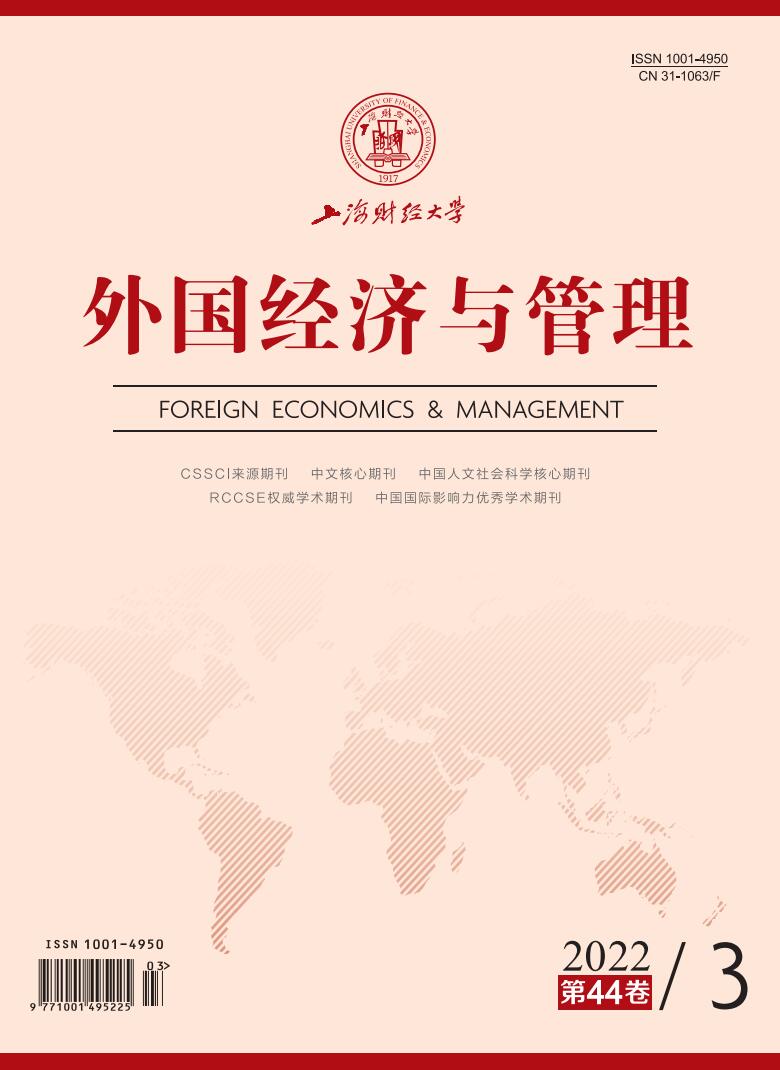With the implementation of the registration system, the government has decentralized and the responsibility for information disclosure in the process of listing has transferred more to issuers and financial intermediaries, which makes investors rely more on intermediaries. As the final “gatekeeper” of the accounting information quality of listed companies, the reputation of accounting firms is very important. However, in recent years, the occurrence of financial fraud in some domestic listed companies has caused accounting firms to be severely punished by regulatory authorities, and caused serious damage to their reputation. Companies choose accounting firms with good reputation to eliminate investors’ doubts about accounting information, and they can also disclose more accurate earnings forecast to build their reputation and eliminate information asymmetry. Therefore, listed companies are able to reduce the impact due to the reputation loss of accounting firms by improving the quality of earnings forecast.
Based on the background, this paper examines whether listed companies redeem the negative impact of the reputation loss of accounting firms on their companies by improving the quality of earnings forecast, using a sample of A-share listed companies in Shanghai and Shenzhen from 2007 to 2019 and the punishment of accounting firms by the regulator as an exogenous event of their reputation loss. The study finds that companies significantly improve the quality of earnings forecasts after the reputation loss of accounting firms, and this finding still holds after a series of robustness tests. Further, it is found that companies improve the quality of earnings forecast more significantly after the reputation loss of accounting firms when the level of internal and external governance is higher, when information asymmetry is more important, and when the damage to the reputation of accounting firms is more severe.
The contributions of this paper are as follows: (1) Previous literature has mainly studied the consequences of the reputation loss of accounting firms due to regulatory penalties from the perspectives of the passing of audit committees, the deterrent effect on auditors, and client loss. This paper innovatively examines whether companies value the assurance provided by the reputation of accounting firms from the perspective of company disclosure, extending the research related to the reputation loss of accounting firms. (2) This paper verifies that earnings forecast is an important tool for managers to manage information disclosure, and managers proactively uses earnings forecast to reduce information asymmetry when the external environment changes. (3) The findings of this paper have strong practical implications. By examining whether companies react to the damage of intermediaries’ reputation, we can understand the importance of intermediaries’ reputation in the capital market and the extent to which companies rely on intermediaries’ reputation, which provides an important theoretical basis for the regulatory issues in the implementation of the registration system. That is, we can rely less on administrative control and more on the market-based reputation mechanism to restrain intermediaries and protect investors.





 11030
11030  6356
6356

